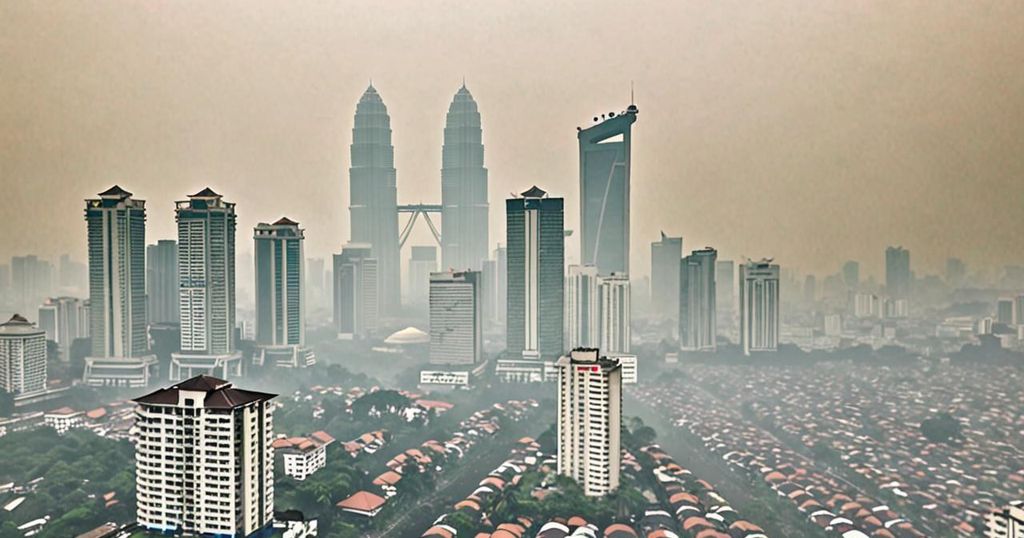Article Rewrite:
Air pollution has emerged as a significant public health crisis in Indonesia, particularly in Jakarta, due to coal power emissions, heavy traffic, and waste burning. The adverse effects on the health of the population in the area, as well as the economic repercussions, have raised widespread concern.
Residents of northern Java, just 60 miles from Jakarta, are grappling with various health issues from living under the constant gray skies and acrid smoke emanating from the nearby coal power plant. Respiratory illnesses and fatalities have been increasing, with many attributing these health problems to the combination of coal-fired plants, vehicle and motorcycle exhaust, trash incineration, and industrial emissions.
Air pollution has garnered attention at the upcoming United Nations climate conference, or COP28, as emissions from coal-fired power plants contribute to greenhouse gases, impacting global warming. For nations like Indonesia, striking a balance between industrialization and carbon emission reduction poses a significant challenge.
According to data from IQAir, a Swiss air technology company, Jakarta is consistently ranked as one of the world’s most polluted cities. The air quality frequently surpasses levels deemed safe by the World Health Organization, resulting in over 10,000 deaths and 5,000 hospitalizations in Jakarta in 2019, as reported by Vital Strategies, a global health NGO based in New York.
Air pollution’s impact is pervasive, affecting individuals from all walks of life. Street vendors, such as Misnar, routinely grapple with health issues as a result of working outdoors in the polluted air. Instances of acute respiratory infections and pneumonia have been on the rise, leading to a doubling in the number of patients seeking treatment at Jakarta’s health facilities.
The economic impact of air pollution is also concerning, with potential annual economic losses due to health issues estimated at around 40 trillion rupiah (over $25.2 billion). The toll on the working-age population is evident, as prolonged coughs and colds have become more prevalent, affecting productivity and overall well-being.
Addressing this multifaceted issue necessitates a comprehensive approach. The Indonesian government has been promoting the use of public transportation and offering incentives for the transition to electric vehicles. However, the uptake of electric vehicles has been sluggish, with less than one percent of registered cars and motorcycles being electric. The government aims to have over half a million electric vehicles on the road by 2030.
Regulations for emissions from factories and industries need to be strengthened to make a substantial impact on pollution levels. Vital Strategies’ research suggests that industries contribute a significant proportion to air pollution in Jakarta, in addition to emissions from transportation.
The severity of the air pollution crisis in Jakarta cannot be disregarded, and urgent action is imperative to safeguard the health and well-being of its residents. The government’s efforts to promote sustainable transportation and reduce emissions from industries are crucial steps in the right direction, but more comprehensive measures are necessary to address this pressing issue.

Leave a Reply